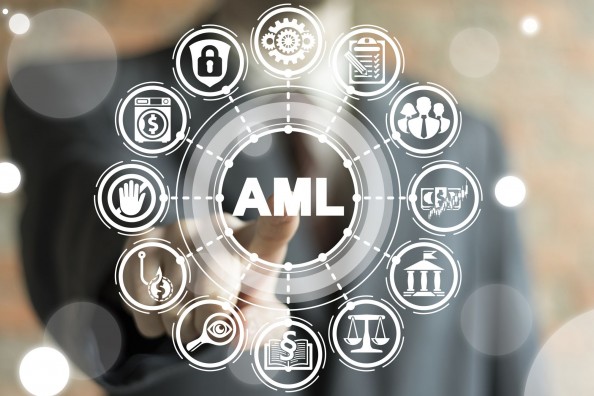Anti Money Laundering (AML) and Counter Terrorism Financing (CTF)

Integration of Financial System, globalization and technological developments; It requires cooperation between countries in the prevention of money laundering (AML) and the financing of terrorism (CTF). Developing a common understanding of the risks to which high priorities are attributed enables more effective and efficient use of public and sector resources, which will have the greatest impact on the threats of money laundering and terrorist financing.
What is FATF?
The Financial Action Task Force (FATF) is an international organization established in 1989 by the Ministers of the member countries. In addition, FATF, in cooperation with other international stakeholders, tries to identify weaknesses at the national level in order to prevent the abuse of the international financial system and to set the standards required for the effective implementation of legislation, regulations and measures.
Responsible persons within this scope; banking, insurance, private pension, capital markets, cryptocurrency, lending and other financial services, postal and transportation, wealth and betting games; foreign currency, real estate, precious stones and metals, jewelery, transportation vehicles, construction materials, historical artifacts, works of art and antiques, notaries, sports clubs, etc.
The said liable parties are responsible for the transactions carried out by their customers; whether it is compatible with the customers' occupation, business activities, business history, financial status, risk profile and sources of funds; and to take necessary precautions for the following purposes:
- continuously monitor part of an ongoing business relationship,
- to monitor transactions carried out outside of ongoing business relationship with a risk-based approach.
In order to combat laundering proceeds of crime more effectively and to prevent the financial system from being used by criminals, a number of obligations have been imposed. At the top of these obligations; In order for obliged parties to have sufficient information about their customers and their activities, the principle of "know your customer" is included. Within the scope of know your customer measures; Measures such as taking measures against technological risks, relations with risky countries and tightened measures should be fulfilled by obliged parties. Institutions and organizations that do not fulfill their obligations, according to their national legislation; It may face the risk of administrative and fines and even termination of operations.
In this context; The obliged parties are required to make an assessment in terms of legislation, based on various criteria and with a risk-based approach, regarding the transactions performed by their customers and customers during the screening (customer monitoring - check your customer) and control activities, both at the business relationship facility and following the establishment of a business relationship.
As stated by FATF, "Comparing the persons and institutions with whom the business relationship will be entered into with the list of objectionable persons / organizations in the international arena and following up such lists with the risk-based approach mentioned above will be a natural and inevitable part of this system".
Request Demo
You can contact us as to our services, integration processes, request demo or customized solutions.

